Here's How Vegans Get Calcium, Sans the Dairy Products
Updated Oct. 21 2020, 5:09 p.m. ET
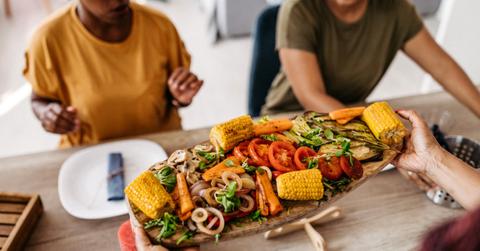
As surprising as it may sound to all the non-vegans out there, milk products are not the only sources of calcium available in your local supermarket. For untold decades, doctors and commercials have hammered home the fact that “calcium from milk builds strong bones,” but this popular tagline is hardly the definitive source on the subject, just as milk itself is hardly the definitive source of calcium in a balanced diet.
There are plenty of vegan alternatives out there that provide the calcium we need to keep moving and continue growing healthily, with many of these options available in your local grocery store — not just niche or health-food markets. You simply need to look in the right places.
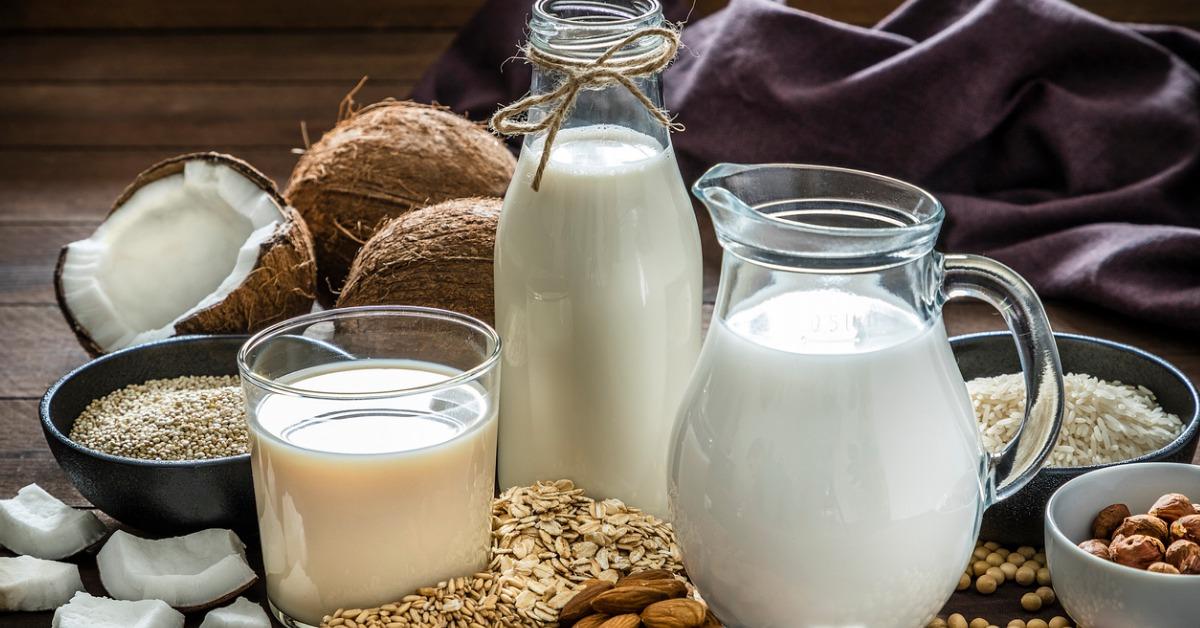
Why do we need calcium?
Our bones and teeth are comprised of calcium, and not only does a healthy calcium intake keep them strong, but it also allows our muscles to contract, enables our blood to clot, and helps keep our heart beating by helping to facilitate nerve transmission. In short, calcium is necessary for us to live. Without it, the whole process would weaken.
The Reference Daily Intake (RDI) of calcium is approximately 1,000 milligrams per day for adults. Children between the ages of four and 18 need a bit more, at 1,300 milligrams per day; because they are still growing. Adults over 50 require closer to 1,200 milligrams to combat bone loss, which is especially true for women.
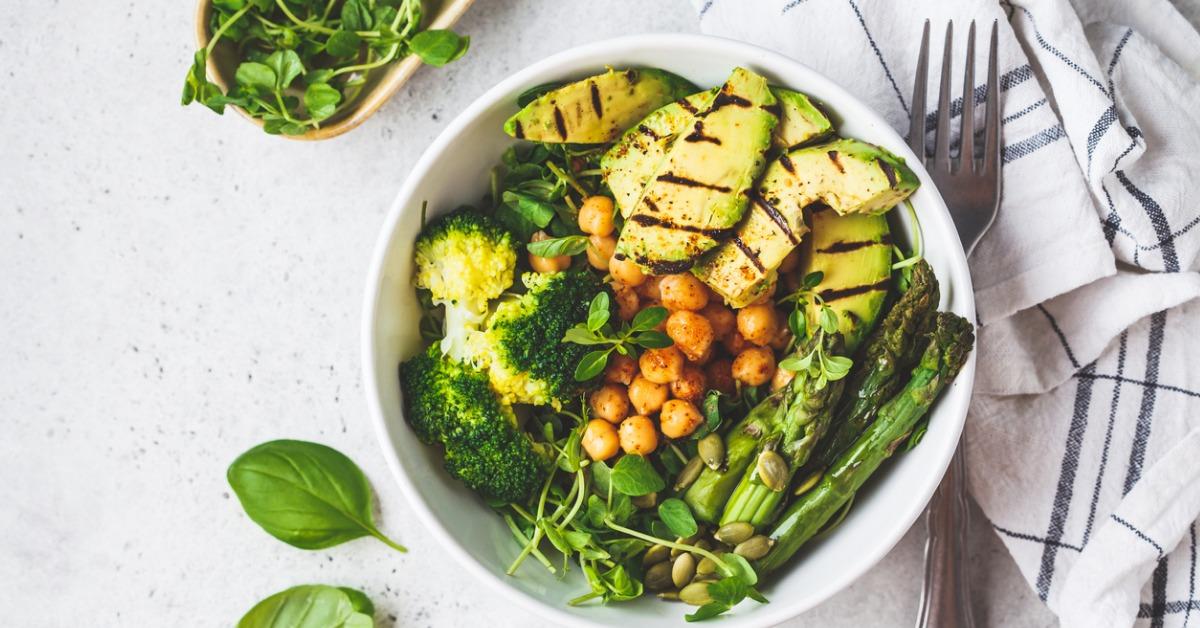
What are some good sources of calcium for vegans? Think soy-based foods.
Soybeans are naturally rich in calcium — just a cup of cooked soybeans provides about 18.5 percent RDI, while an un uncooked cup offers about 27.6 percent. Foods that are made from soy, including tofu, tempeh, and natto provide a significant amount as well. Basically, the less processed a food is, the more raw calcium it provides, which is why fermented tempeh and natto only provide about 11 percent RDI.
Considering that many vegans are already used to eating tofu and other soy-based products for protein, fiber, and other nutrients, it’s not too much of a stretch to imagine them adding it to their diet a good source of calcium as well.
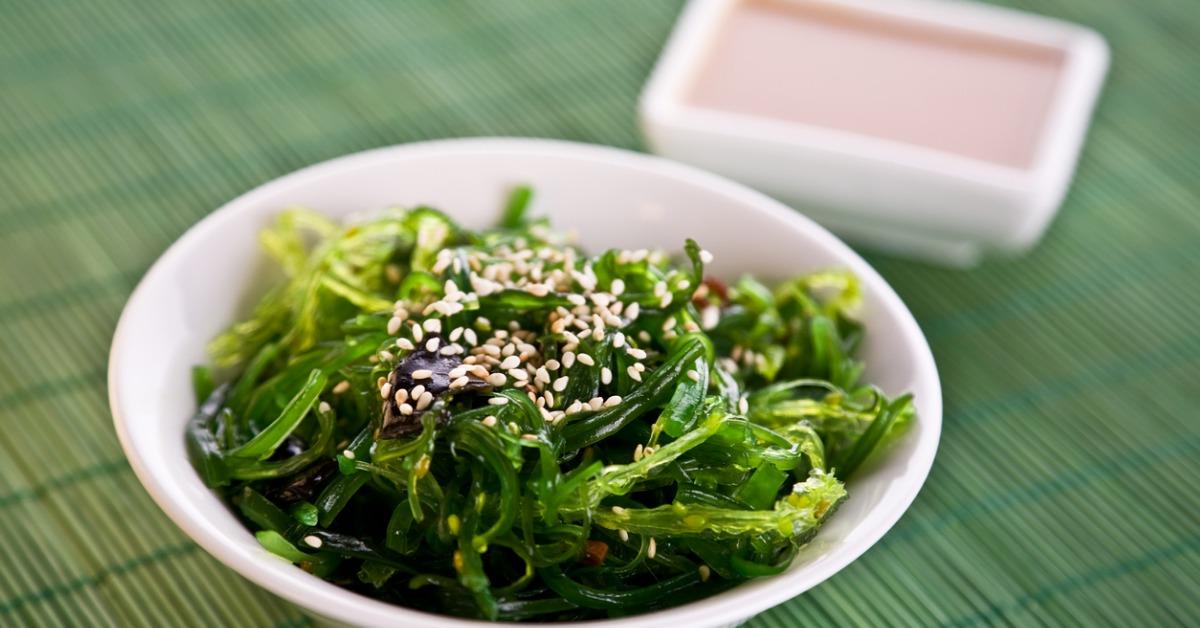
Fruits, vegetables, and leafy greens also provide calcium.
Some varieties of fruits and vegetables contain good amounts of calcium, fiber, vitamin C, and countless other vitamins and minerals. Figs, oranges, blackcurrants, and blackberries, are all worth adding to your diet, as are some dried fruits like raisins, prunes, and dried apricots.
Some vegetables, such as turnip greens, broccoli, Brussels sprouts, and kale, are also excellent sources of calcium, as are bitter ones and dark leafy greens. Look for low- and medium-oxalate vegetables when seeking out calcium. Oxalates bind the calcium to your gut, which makes it harder for your body to absorb. Unlike the calcium in soy-based foods, boiling these vegetables actually aids in the absorption of these minerals by removing much of the oxalate content.
Beans, peas, and lentils, nuts, and seeds are great sources, as well.
Beans and lentils have always been sought after by vegans for being rich in fiber and protein, but they also happen to be good sources of calcium, zinc, iron, potassium, magnesium, and folates. They have even been proven to help lower bad cholesterol and decrease the risk of conditions like heart disease and type 2 diabetes. Even if you aren't vegan, chances are you should be eating some lentils now and then.
All nuts contain small amounts of calcium. Almonds, in particular, are especially rich in the mineral, as are brazil nuts, pistachios, walnuts, hazelnuts, and macadamia nuts. They are also good sources of healthy fat, fiber, and protein. They’re rich in antioxidants and other heart-healthy minerals like potassium, which can help regulate blood pressure. They could even help you lose weight, and stave off diabetes and heart disease.
Sesame seeds, chia seeds, and flax seeds are all good sources of calcium, as are their butters. Like their nut cousins, they are also high in healthy fats, protein, and fiber. The butter made from these seeds can provide up to 13 percent of the RDI for calcium.
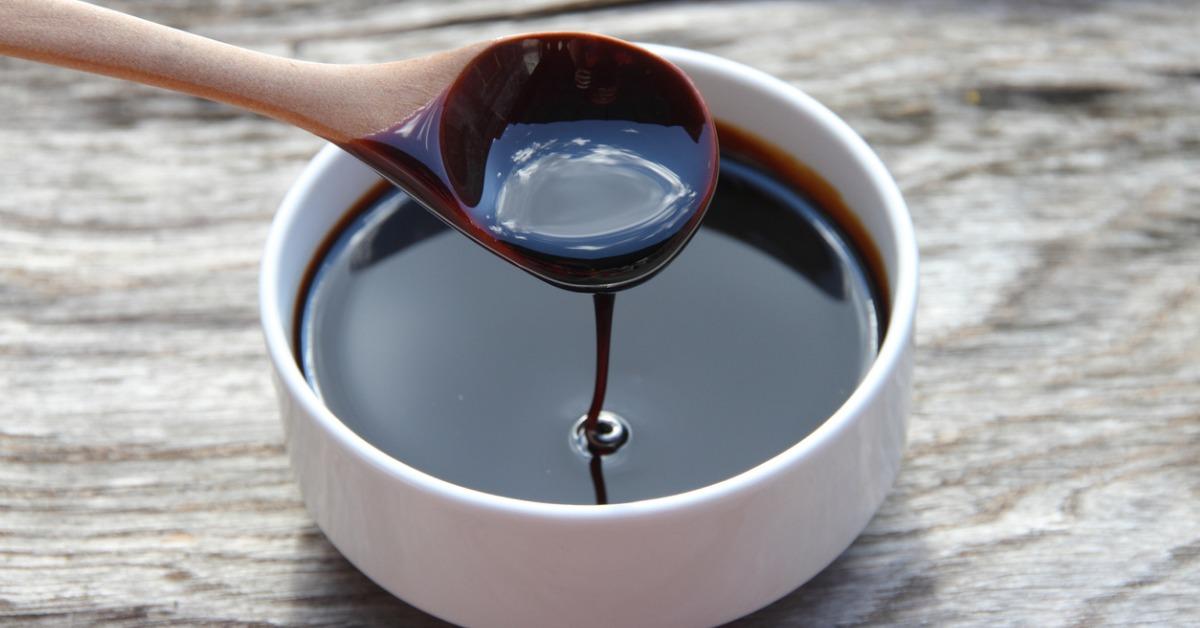
While you may not consume much seaweed or blackstrap molasses, they're both solid calcium sources too!
Odd as it sounds, seaweed is another fine source of calcium. One cup of dry kelp is about 14 percent RDI and raw Wakame provides around 12 percent. Be mindful though, as some seaweed can contain excessive amounts of heavy metals and iodine, which can be harmful. Most of these products can be found in Asian supermarkets or Japanese sushi restaurants, though if you’re vegan, you’re probably not eating much sushi.
We’ve added a sweetener to our small list in the form of blackstrap molasses. This sugary substitute packs a real nutritional punch in the form of iron, selenium, vitamin B6, magnesium, manganese, and yes, about 18 percent of your daily calcium needs. It’s no surprise that molasses also happens to be very high in sugar — considering it’s made from boiled sugar cane — so use in moderation, and work for those strong bones.